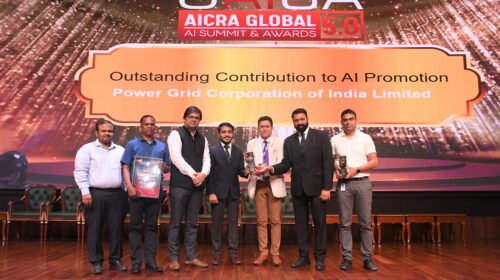An NHS trust in Liverpool is collaborating with Tata Consultancy Services (TCS) to create an artificial intelligence (AI) chatbot to help reduce patient wait times.
For many years, British citizens have grown accustomed to lengthy NHS wait times. However, the post-covid backlog has resulted in an increase in the number of patients on waiting lists.
There are many strong opinions about what NHS reforms are required, but everyone can agree that the current trajectory is unsustainable. Modern technologies will be critical in delivering improvements that will benefit both NHS employees and patients.
The Walton Centre NHS Foundation Trust has announced a collaboration with TCS to develop digital solutions that increase specialist productivity, decrease patient wait times, and improve overall patient experience.
Shalini Mathur, Business Unit Head of Public Services for the UK, Europe, and ANZ at TCS, said:
“We are pleased to partner with The Walton Centre to transform patient care in the UK using next-gen technologies.
These technologies and solutions will help reduce waiting times for patients while improving the productivity of specialist consultants. This creates a blueprint for similar digital innovation in other clinical settings.”
The first product of this partnership is an AI chatbot that aims to transform how patients with headaches are diagnosed and treated.
A headache can range from nothing serious to being potentially fatal or life-changing. Anyone who is concerned their headache could be out-of-the-ordinary should get it checked out, but deciding which patients should be prioritised is a critical but difficult task.
Patients with headaches make up the largest number of outpatient referrals to neurologists at The Walton Centre. The use of a chatbot will enable information about the patient’s condition to be collected in order to compile a detailed report for clinicians to review before an initial appointment.
Dependent on the clinician’s assessment, a patient may be put on a fast track for an examination or offered guidance on alleviating symptoms while they wait for their turn.
Dr Anita Krishnan, Divisional Clinical Director for Neurology at The Walton Centre, and a Consultant Neurologist specialising in headaches, commented:
“Technology is a huge part of medicine and it’s exciting to work with TCS to create a new artificial intelligence-based solution which will help our patients.
The chatbot system also has the potential to be extended into other areas of medicine, which could benefit even more patients.
We are working closely with TCS and our other specialist partners to ensure the new solution is effective and safe and improves efficiency and patient outcomes.”
While it’s a fairly limited trial to begin with, AI-powered chatbots could make a real difference across the NHS. Chatbots can help to ensure that patients are correctly prioritised and less of the scarce time consultants have available is spent having to ask the questions for information that can be collected beforehand.
Chatbots aren’t going to solve all of the NHS’ problems, but they should make a positive difference for staff and patients.





